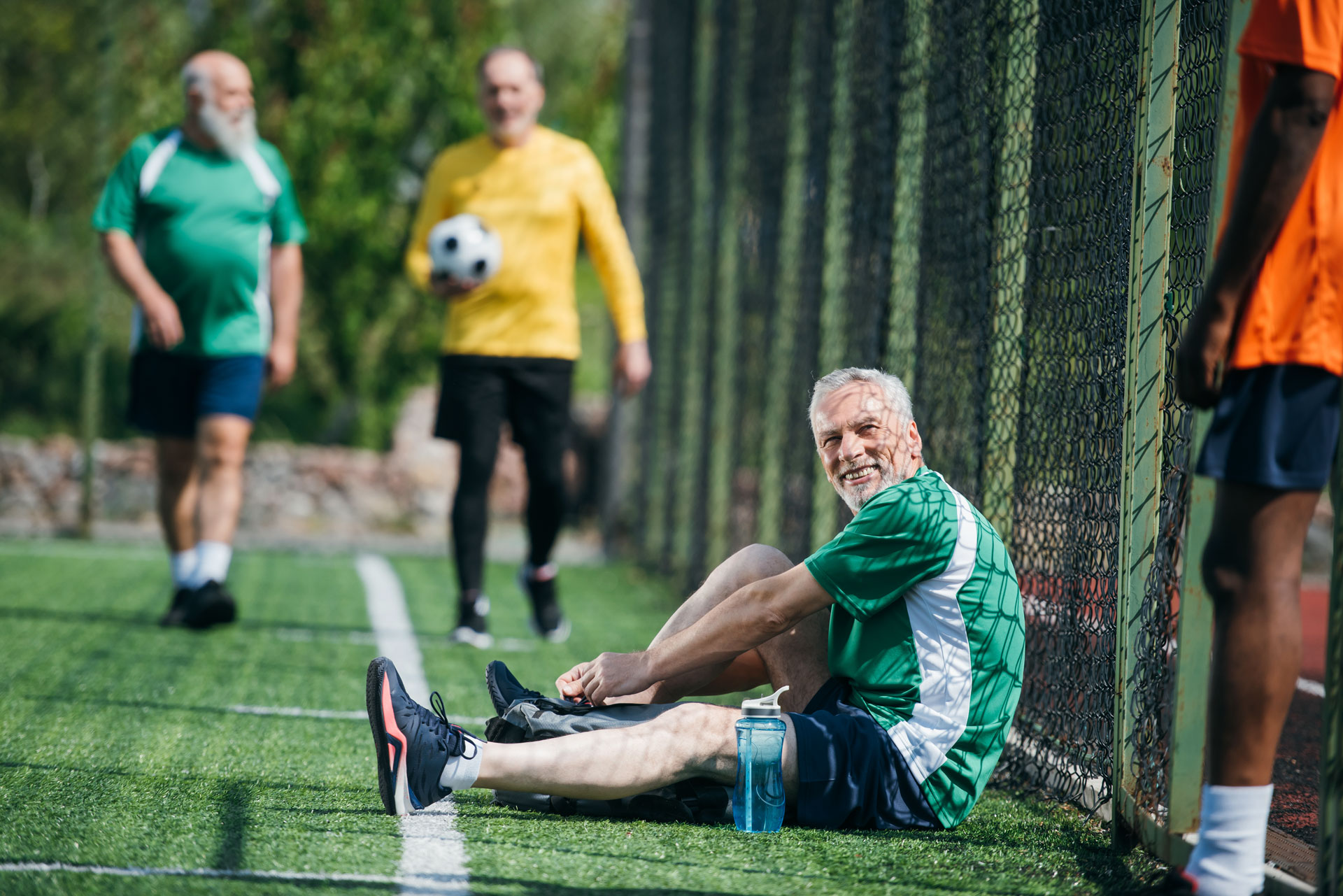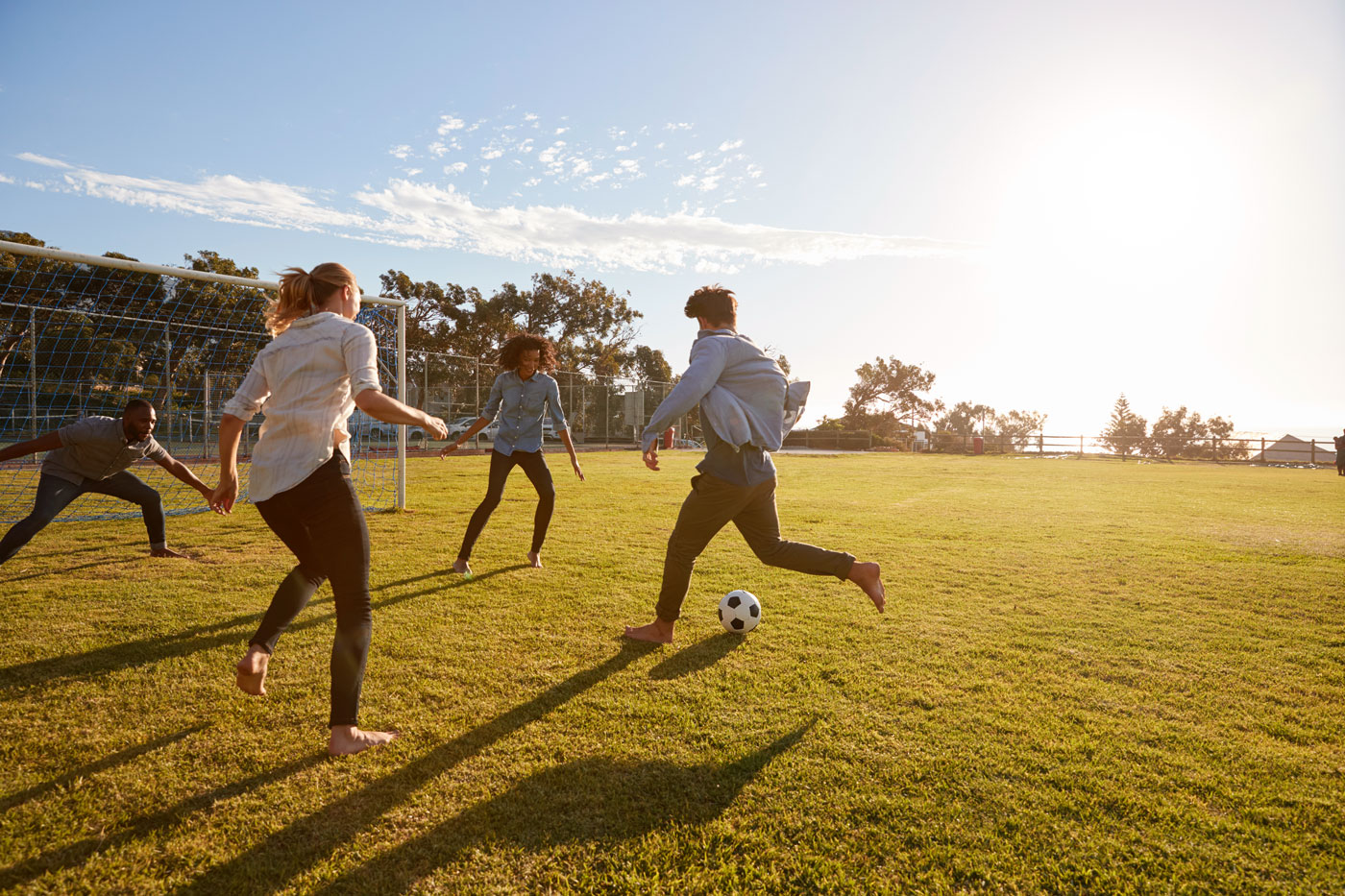About Make Your Move

Make Your Move
Physical activity should be for everyone and anyone. Here at Make Your Move, we believe that whatever shape, size, age or ability, you can move in a way that works for you.

We surveyed residents in Cardiff and the Vale of Glamorgan and found that many people wanted to be more active but felt they were struggling to find the time to fit it in their busy lives.
We understand that life happens, our website is full of hints and tips on how to be active in your day-to-day life, be it dancing around your kitchen or taking the stairs instead of the lift.
Our research also showed that accessibility to activities stopped people from joining in, which is why we have brought a whole host of activity providers to you under one website ‘roof’ so that you can find something that works for you, near you. From at-home workout videos to get fit, to joining your local sports clubs to make new friends, the possibilities of ways to keep moving, and have fun while doing it, are endless. Go on, take a look and make your move, today.
Want to keep updated?

Join us on social media
-

Follow us on Facebook for inspiration and hints and tips on how to stay active.
-

Follow us on Instagram and share your tips on how to stay active every day.
-

Follow us on Twitter and join the growing Make Your Move community.
Faqs
-
What is physical activity?
Physical activity refers to all movement including during leisure time, for transport to get to and from places, or as part of a person’s work. Both moderate- and vigorous-intensity physical activity improve health.
Popular ways to be active include walking, cycling, wheeling, sports, active recreation and play, and can be done at any level of skill and for enjoyment by everybody.
Regular physical activity is proven to help prevent and manage noncommunicable diseases such as heart disease, stroke, diabetes and several cancers. It also helps prevent hypertension, maintain healthy body weight and can improve mental health, quality of life and well-being.
-
Why is physical activity important?
Physical activity has a number of short and long term benefits for the heart, mind and body. Being physically active regularly helps with weight management, can prevent a reduce a number of health risk, notably heart and lung diseases, diabetes and certain types of cancer. Physical activity also strengthens your bones and muscles helping with mobility, flexibility and balance. Overall, the benefits enable you to live a longer, healthier life.
Along with this, being active is known to benefit you mentally as it can reduce feelings of stress and anxiety. Physical activity allows you to release hormones known as endorphins and referred to as the body’s natural pain killers as they relieve pain and also create general feelings of happiness and well-being.
-
What is the recommended amount of physical activity?
For adults aged 19-64, the NHS recommends some type of physical activity every day and explains how even regular exercise 2 to 3 times a week can have a number of physical and mental health benefits.
As an average, the recommended weekly level of activity is either 150 minutes of moderate intensity activity a week or 75 minutes of vigorous intensity spread evenly over 4 to 5 days or every day. This is also suitable for pregnant women and adults with disabilities.
For children, the recommended weekly level of activity is 60 minutes of moderate or vigorous intensity physical activity a day across the week
For adults over 64 the same guidelines apply, with a focus on flexibility and, balance and strength building.
This can be achieved by doing several short sessions of very vigorous intensity activity or a mix of moderate, vigorous and very vigorous intensity activity depending on the day. The NHS also recommends breaking up long periods with no movement with some activity, which can even be walking or getting up for a certain amount of time.


